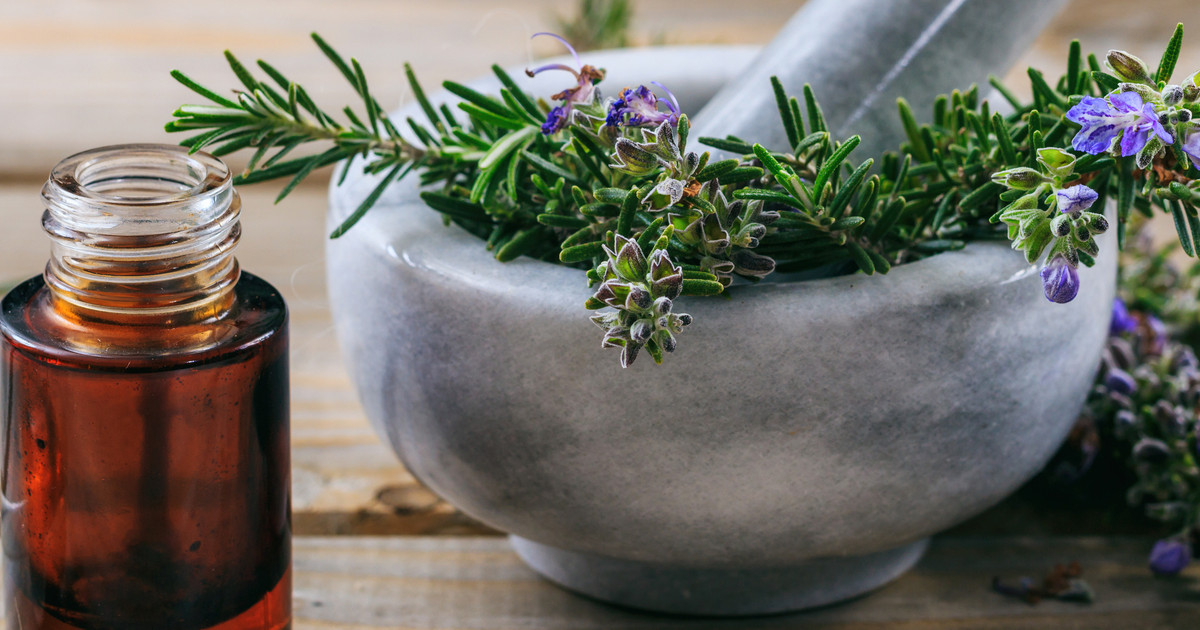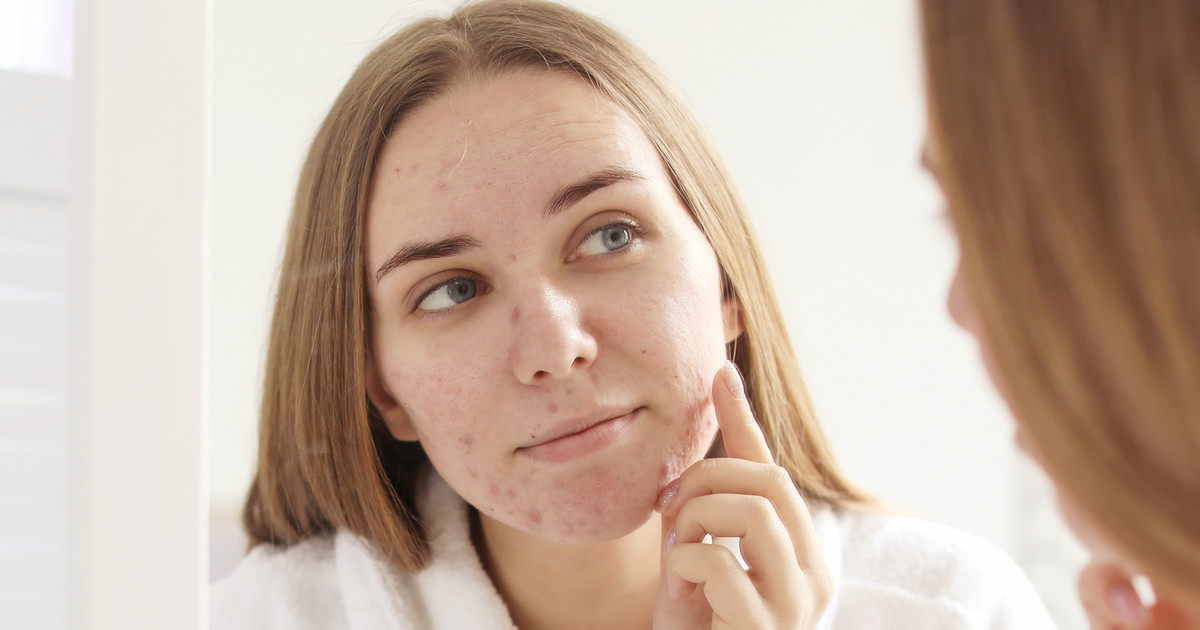Beneficial Essential Oils For Skin And Hair
When people are dealing with health issues, they usually turn to their doctor for help. Doctors diagnose health conditions and prescribe the appropriate method of treatment. For pain, patients are typically told to take pain medication. Treating skin issues takes some attention and care too! Dermatologists usually look at the skincare routines people are using and dispense advice accordingly. Acne has several medical treatments, including benzoyl peroxide and salicylic acid. Retinol prevents acne, wrinkles, and other forms of skin aging! There are even specialized creams for eczema and psoriasis.
Of course, many people look for natural remedies and cures too. Even those without specific skin and hair issues often want to improve their skin and boost their hair growth. This is where essential oils come in! Essential oils, sometimes called vitality oils, are the powerhouses for natural cures for everything from acne to wrinkles and astonishing hair growth.

Rosemary Oil And Hair Growth
Rosemary oil is a powerful essential oil when it comes to boosting hair growth. Massaging the scalp with rosemary oil helps stimulate the hair follicles in anyone who uses it. This effect is even more pronounced when people are dealing with health conditions that affect their hair, such as alopecia areata. Alopecia areata causes bald patches and hair loss.
A study showed those with this condition who rubbed rosemary oil on their hair experienced an increase in their hair growth of 44 percent. This is up from not rubbing anything on their hair and is much better than the 15 percent increase seen with jojoba and grapeseed oils. Reports also indicate it has a similar effect to hair loss medication, but without the side effect of an itchy scalp. Nice!
Tea Tree Oil And Acne
Tea tree oil is an incredibly common remedy used for acne. It is included in countless cleansers, toners, and even topical treatments out there. It is often the first natural remedy people will turn to to get rid of their acne! Tea tree oil has strong antibacterial properties and can kill bacteria responsible for the development of pimples. Additionally, the astringent properties of tea tree oil clean the pores of dirt, debris, as well as excess oil.
It is important to note, however, tea tree oil can be fairly drying, so people must pay attention to how they are using it and how often. Being careful will help them avoid extreme dryness, irritation, and redness. Many people tolerate pure tea tree oil, but most need to dilute it or find a product formulated with it to treat their acne.

Clove Oil And Acne
Clove oil is taken from parts of the clove plant, typically through steam distillation. This essential oil has strong antifungal, antibacterial, as well as anti-inflammatory properties. All of these properties work together, making clove oil incredible at treating acne. Eugenol, which clove oil contains, reduces acne inflammation as it's an antioxidant. In addition to this, the antibacterial nature of clove oil helps fight bacteria that cause acne, preventing its spread. Yes, acne is often the result of bacteria! This is typically the case with cystic acne, which is more than a hormonal or dietary issue.
People can use clove oil in a few ways to treat their acne. It can be included in their cleanser and washed from the skin or as a topical treatment applied directly to the acne on their face. Diluting clove oil with coconut or olive oil helps make it more tolerable to the skin.